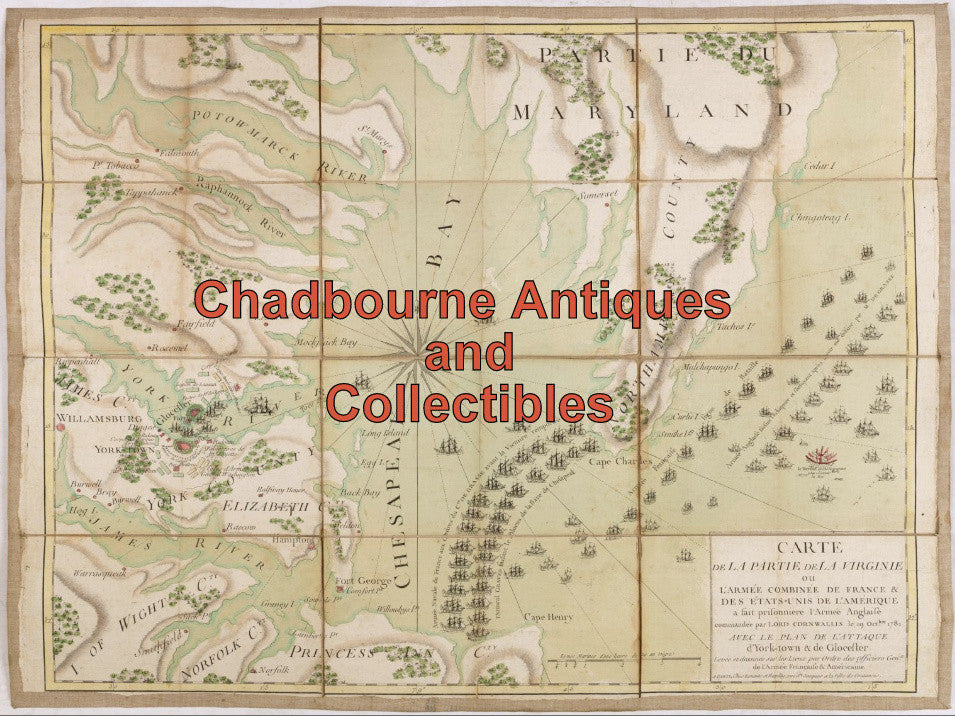$50.00 CAD
| /
Patronage of HRH Princess Mary of Teck and Her Excellency Madame Waddington, French ambassadress.
Principal artists of:
Tickets for Private Boxes (for eight): £5 5s, (for four): £3 3s
‘The nobility and gentry who are desirous of attending, but are unable to attend the Matinee, are requested to kindly send Subscriptions ...’
CARRIAGES AT 5 PM
Nice cartouche at top of robed lady playing violin, signed HM & Co.
Has been fold vertically and horizontally. Some small tears on folds, and crease LL corner. Light browning on bottom edge.
26 x 20.5 cm.
Benoît-Constant Coquelin (1841-1909), known as Coquelin aîné ("Coquelin the Eldest"), was a French actor, "one of the greatest theatrical figures of the age."
Dame Nellie Melba GBE (1861 – 1931), born Helen Porter Mitchell, was an Australian operatic soprano. She became one of the most famous singers of the late Victorian era and the early 20th century. She was the first Australian to achieve international recognition as a classical musician. She took the pseudonym "Melba" from Melbourne, her home town.
The Theatre Royal, Drury Lane, commonly known as Drury Lane, a West End theatre, is a Grade I listed building in Covent Garden, London. The building faces Catherine Street (earlier named Bridges or Brydges Street) and backs onto Drury Lane. The building is the most recent in a line of four theatres which were built at the same location, the earliest of which dates back to 1663, making it the oldest theatre site in London still in use. According to the author Peter Thomson, for its first two centuries, Drury Lane could "reasonably have claimed to be London's leading theatre". For most of that time, it was one of a handful of patent theatres, granted monopoly rights to the production of "legitimate" (meaning spoken plays, rather than opera, dance, concerts, or plays with music) drama in London.
WIKIPEDIA
